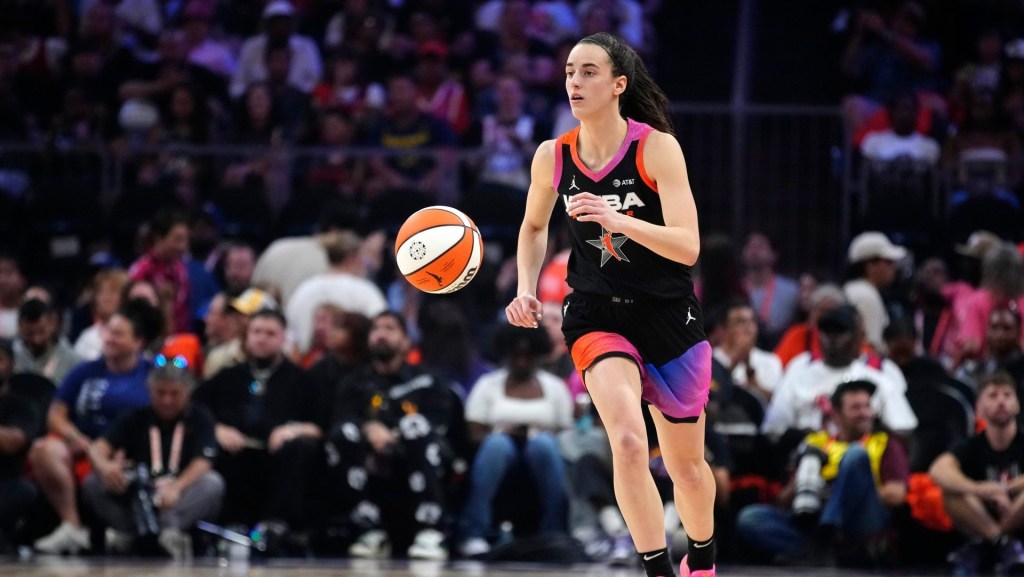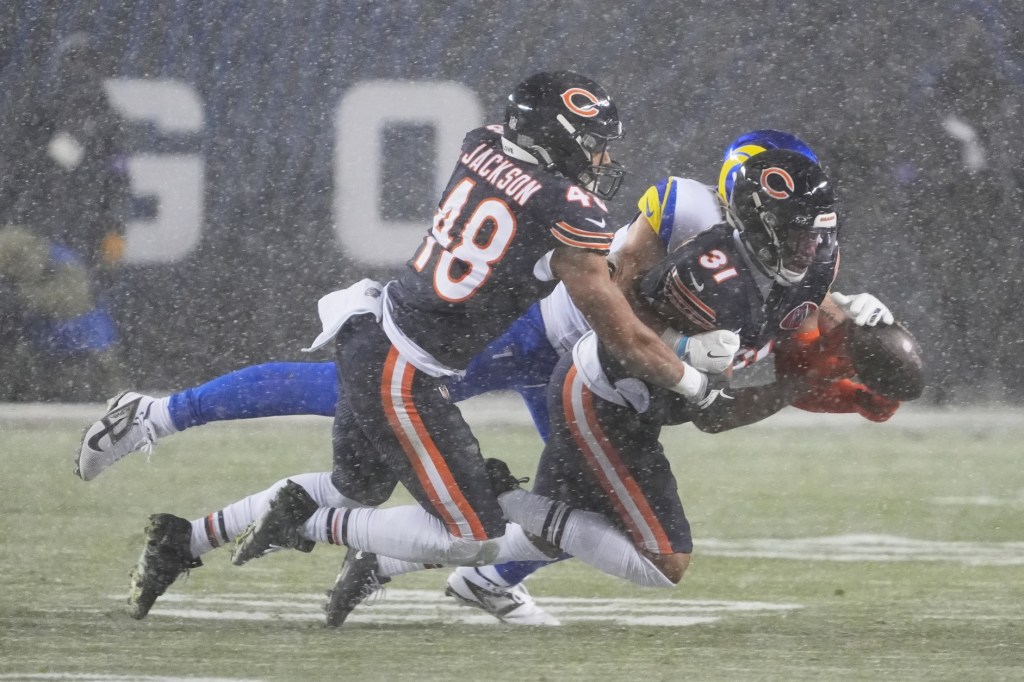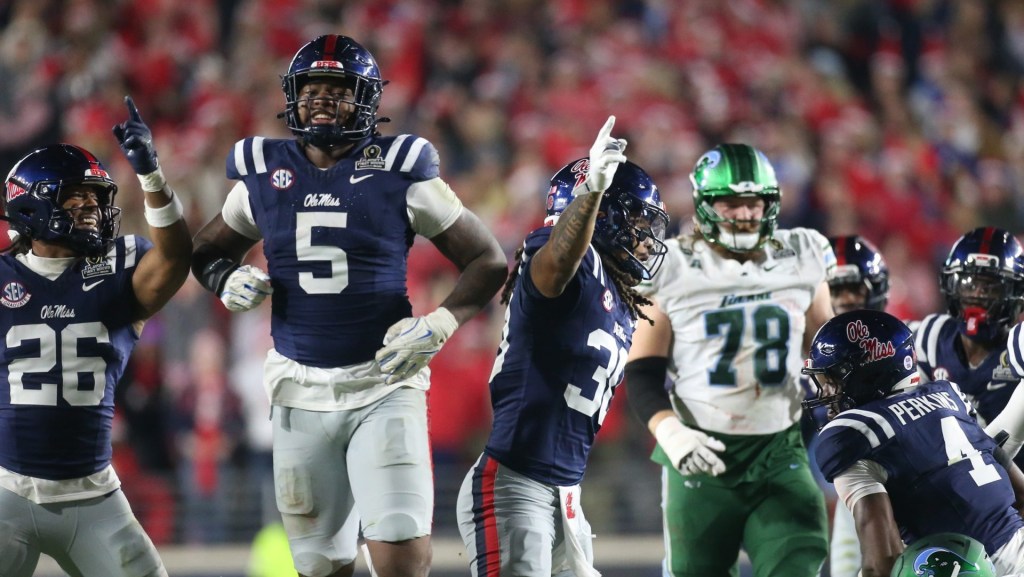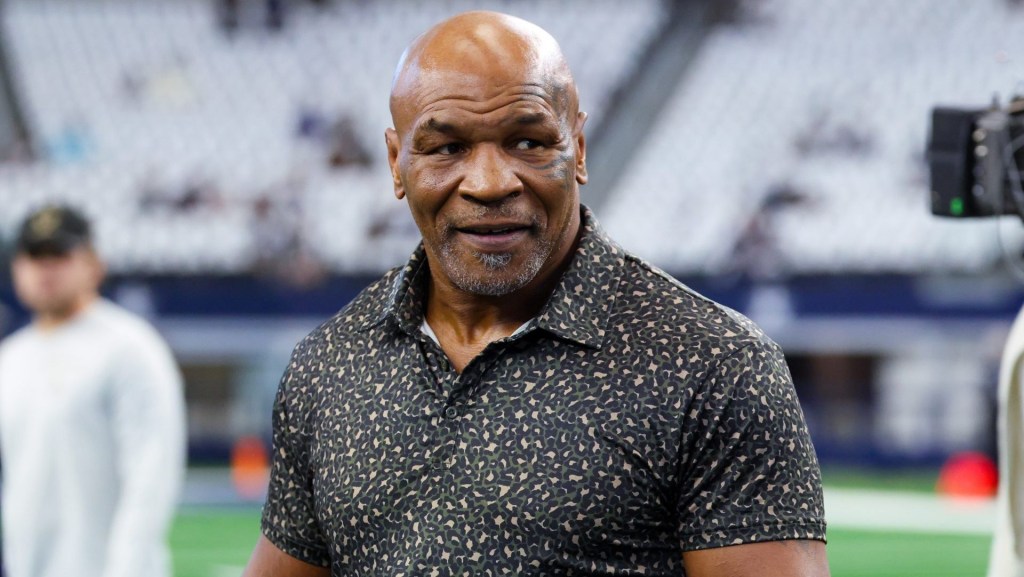ALEXANDRIA, Va. — Former Washington Commanders head athletic trainer Ryan Vermillion avoided jail time Friday as a federal judge approved a deal that amounts to a year of probation and a $10,000 fine related to a long-running DEA investigation.
Sources with knowledge of the case told Front Office Sports that Vermillion illegally dispensed opioids to several Commanders players, allegations that were later confirmed in a joint statement from the NFL and NFLPA along with court documents obtained by FOS.
The statement of facts in the case released Friday afternoon stated six unnamed players received or were offered opioids without a doctor’s authorization, and Vermillion “kept the oxycodone as part of a stockpile in case another player was injured.”
“Mr. Vermillion acknowledged providing painkillers to players without a prescription on a number of occasions,” the statement read. “This action arose from an investigation that began last October. No charges have been brought against the Commanders.”
The Commanders announced immediately after the hearing that Vermillion’s employment had been terminated. Vermillion was also suspended indefinitely from working with any NFL team and won’t be able to apply for reinstatement for a year, according to the NFL-NFLPA statement.
“I want to emphasize that the U.S. Government confirmed from the outset that it viewed the organization as a witness, and not as a subject or target of the investigation,” Commanders coach Ron Rivera said in a statement. “We cooperated fully with federal investigators, and we will continue to cooperate with any supplemental League and NFLPA inquiry.”
Under the deferred prosecution agreement, Vermillion avoided having to plead guilty to any crime. He has to submit to drug testing and not commit any crimes for a one-year period after which Vermillion can seek to get the agreement expunged.
Rivera, who also worked with Vermillion with the Carolina Panthers, said “the situation is unfortunate and although it resulted in no criminal charges, it was necessary to move forward in a different direction.”
Vermilion was placed on leave last October after the DEA raided the Commanders’ headquarters in Ashburn, Va., along with his house about a mile away.
Sources told FOS that they were surprised that the U.S. Attorney’s Office allowed Vermillion to avoid imprisonment given the facts of the case. Vermillion faced as much as four years in prison if he was charged with the statute listed as part of the agreement with prosecutors.
The statement of facts released detailed the allegations that involved six unnamed Commanders players during the 2020 season and part of the 2021 season before he was placed on leave.
Player A: Vermillion gave this player “a small quantity of oxycodone” on a flight back from an away game without a valid prescription. The player did not take the drugs. Vermillion then asked a team doctor to write a prescription for the drug and Vermillion “kept the oxycodone as part of a stockpile in case another player was injured.”
Player B: Vermillion gave this player “a small quantity of oxycodone” without a prescription after an on-field injury.
Player C: The player received “a small quantity of oxycodone” from Vermillion and an “additional small quantity the next day.” A team doctor wrote prescription for 40 pills, but “Player C did not receive this prescription.”
Player D: Vermillion “distributed a small quantity of oxycodone” to this player after an injury during a home game without a prescription.
Player E: Received a “a small quantity oxycodone after an injury during a home game, although the player didn’t feel like he needed it and did not take the drug. A prescription was created with the player’s name as the patient, but the doctor whose DEA registry number attached to the prescription did not write it. “The government’s investigation could not confirm who forged the prescription.”
Player F: After an injury during a game, told another trainer via text, “I have pain meds in bag if he needs something.” The trainer “distributed a small quantity of oxycodone” to the player without a prescription.
The NFLPA had been alerted about players potentially receiving opioid drugs without authorization that were dispensed by Vermilion early in the DEA’s investigation. It’s not known how many players received the drugs, but once source told FOS it was “a lot.”
No players were accused of any wrongdoing.
The NFL and the NFLPA will begin a joint investigation to examine whether the Commanders complied with the Prescription Drug Monitoring Program.






![[Subscription Customers Only] Jun 15, 2025; Seattle, Washington, USA; Botafogo owner John Textor inside the stadium before the match during a group stage match of the 2025 FIFA Club World Cup at Lumen Field.](https://frontofficesports.com/wp-content/uploads/2026/02/USATSI_26465842_168416386_lowres-scaled.jpg?quality=100&w=1024)
![[Subscription Customers Only] Jul 13, 2025; East Rutherford, New Jersey, USA; Chelsea FC midfielder Cole Palmer (10) celebrates winning the final of the 2025 FIFA Club World Cup at MetLife Stadium](https://frontofficesports.com/wp-content/uploads/2026/02/USATSI_26636703-scaled-e1770932227605.jpg?quality=100&w=1024)









